Information democracy
Powerful companies and governments control the way the internet and new technologies are deployed. These actors blur the lines on corporate power in ways that have tremendous impact on people and democracies. The dominant business model of ‘Big tech’ platforms is based on surveillance, polarization and power imbalances. This ‘surveillance capitalism’ has had a global impact on democracy. For example, state and private actors can use the internet and technologies to spread political disinformation, to manipulate electoral results, to attack human rights defenders and to limit civic space.
Filter resources
-
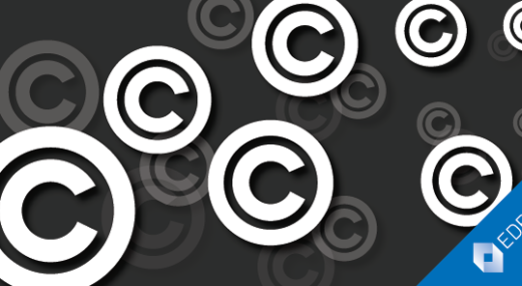
Copyright negotiations begin to derail
The negotiations on the EU’s highly controversial Copyright Directive proposal continue. The last trilogue meeting between Commission, Council and Parliament was originally scheduled for today, 21 January 2019. The event was, however, called off on late Friday evening 18 January by the Romanian Presidency of the EU Council. It has become increasingly clear that the manifest problems […]
Read more
-
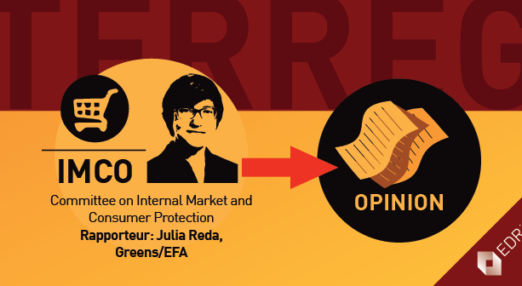
Terrorist Content: IMCO draft Opinion sets the stage right for EP
On 16 January 2019, the European Parliament Committee on Internal Market and Consumer Protection (IMCO) published its draft Opinion on the Regulation to prevent the dissemination of terrorist content online. The Opinion challenges many of the issues from the original Commission proposal. The Opinion from IMCO should “inform” the main Report prepared by the the […]
Read more
-

Digital rights as a security objective: Abuses and loss of trust
Violations of human rights online can pose a real threat to our societies, from election’s security to societal polarisation. In this series of blogposts, we explain how and why digital rights must be treated as a security objective. In this third and final blogpost, we discuss how digital rights violations can exacerbate breaches to the […]
Read more
-
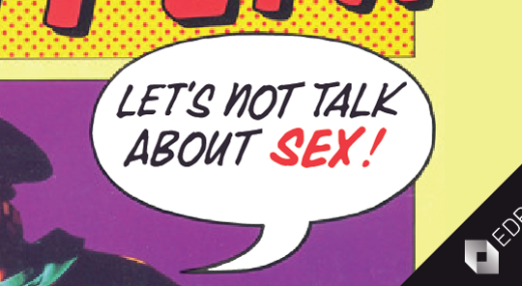
We can no longer talk about sex on Facebook in Europe
Sometime in late 2018, Facebook quietly added “Sexual Solicitation” to its list of “Objectionable Content”. Without notifying its users. This is quite remarkable, to put it mildly, as for many people sex is far from being a negligible part of life.
Read more
-
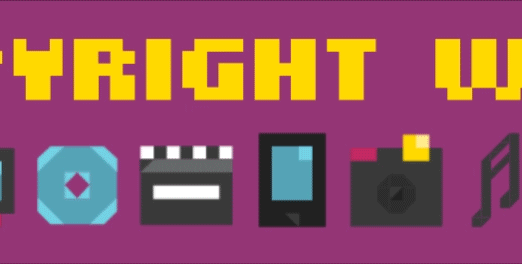
Copyright Week 2019: Copyright as a tool of censorship
EDRi member Electronic Frontier Foundation’s Copyright Week is running again from 14 until 20 January 2019. We are participating in the action week with a series of blogposts.
Read more
-
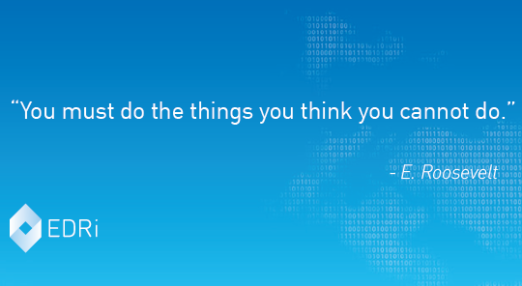
2019: Important consultations for your Digital Rights!
Public consultations are an opportunity to influence future legislation at an early stage, in the European Union and beyond. They are your opportunity to help shaping a brighter future for digital rights, such as your right to a private life, data protection, or your freedom of opinion and expression.
Read more
-
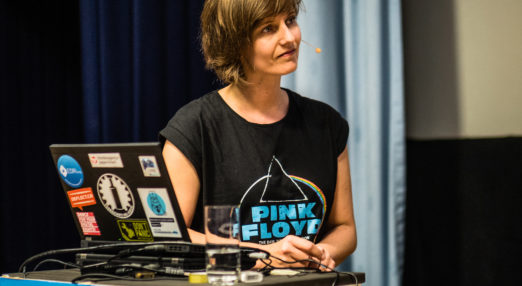
Bits of Freedom announces winner of privacy award
The Dutch Big Brother Awards will take place on 22 January 2019 in Amsterdam, the Netherlands. This year’s distinguished winner of the Felipe Rodriguez Award is Kirsten Fiedler, Managing Director of European Digital Rights. With this award, a Dutch digital rights organisation, EDRi member Bits of Freedom recognises people and organisations who have made a remarkable […]
Read more
-
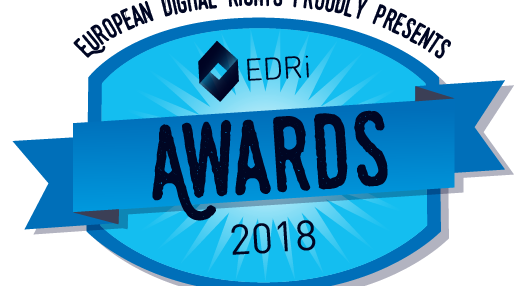
EDRi Awards 2018
For the first time and with great solemnity, EDRi presents the first ever 5th edition of our annual awards.
Read more
-
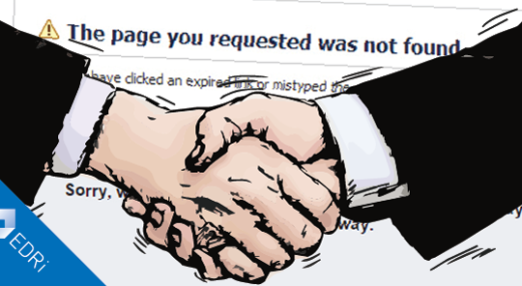
Poland: Privatised law enforcement or protecting users’ rights?
How to regulate content moderation policies of Facebook and other social media platforms is a challenge worldwide. In Poland, such a discussion has been ongoing for more than a year. A few months ago, the previous Minister of Digital Affairs Anna Strzezynska presented the proposal for a new bill, whose aim was to guarantee that […]
Read more
-
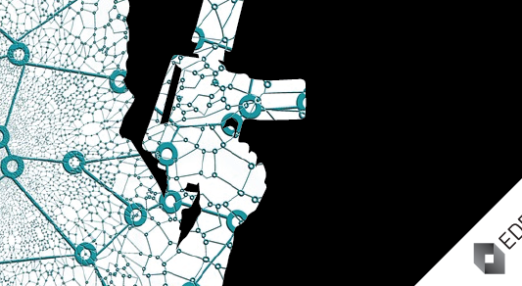
Terrorist Content Regulation: Warnings from the UN and the CoE
On 11 December 2018, three United Nations Special Rapporteurs published a joint Report on the European Union’s proposal for a Regulation to prevent the dissemination of terrorist content online. The Report, issued by Special Rapporteur on freedom of expression David Kaye, Special Rapporteur on right to privacy Joseph Cannataci, and Special Rapporteur on protection of […]
Read more
-
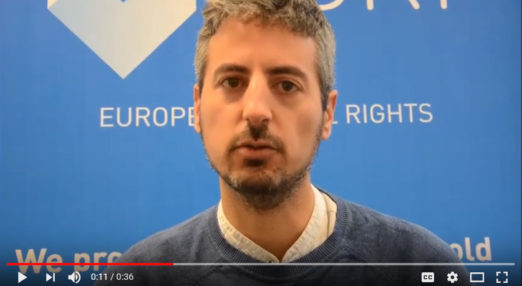
The EU Council’s general approach on Terrorist Content Online proposal: A step towards pre-emptive censorship
On 6 December 2018, the EU Council published its general approach on the proposed Terrorist Content Online Regulation. The Council’s position poses serious risks to violate inviduals’ fundamental rights. The approach follows a pattern of rushing into introducing new measures without an appropriate evaluation of their efficiency or consequences to fundamental rights such as privacy […]
Read more
-

Terrorist Content Regulation: Civil rights groups raise major concerns
On 4 December 2018, a coalition of 31 civil society organisations published a letter that raises significant concerns regarding the proposal for a Regulation to prevent the dissemination of terrorist content online. The letter was addressed to the EU Member States’ Home Affairs Ministers, ahead of their meeting on 6 December.
Read more
